
- In pictures
- In pictures
The fast and the spurious
Extreme fasting has captured the public imagination for centuries. What pushes people to claim to go without food for improbable lengths of time?
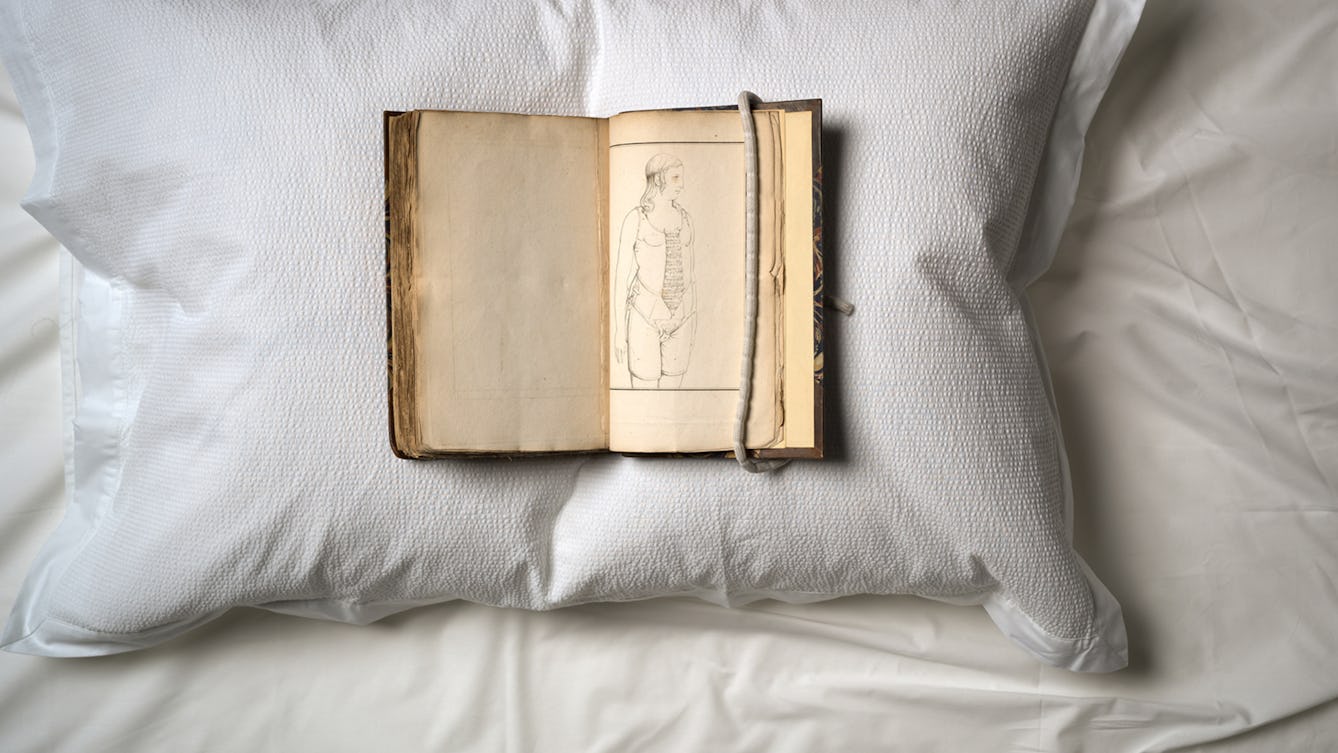
- Article
- Article
Female masturbation and the perils of pleasure
Dr Kate Lister exposes the brutal 19th-century ‘cures’ for women who indulged in masturbation.
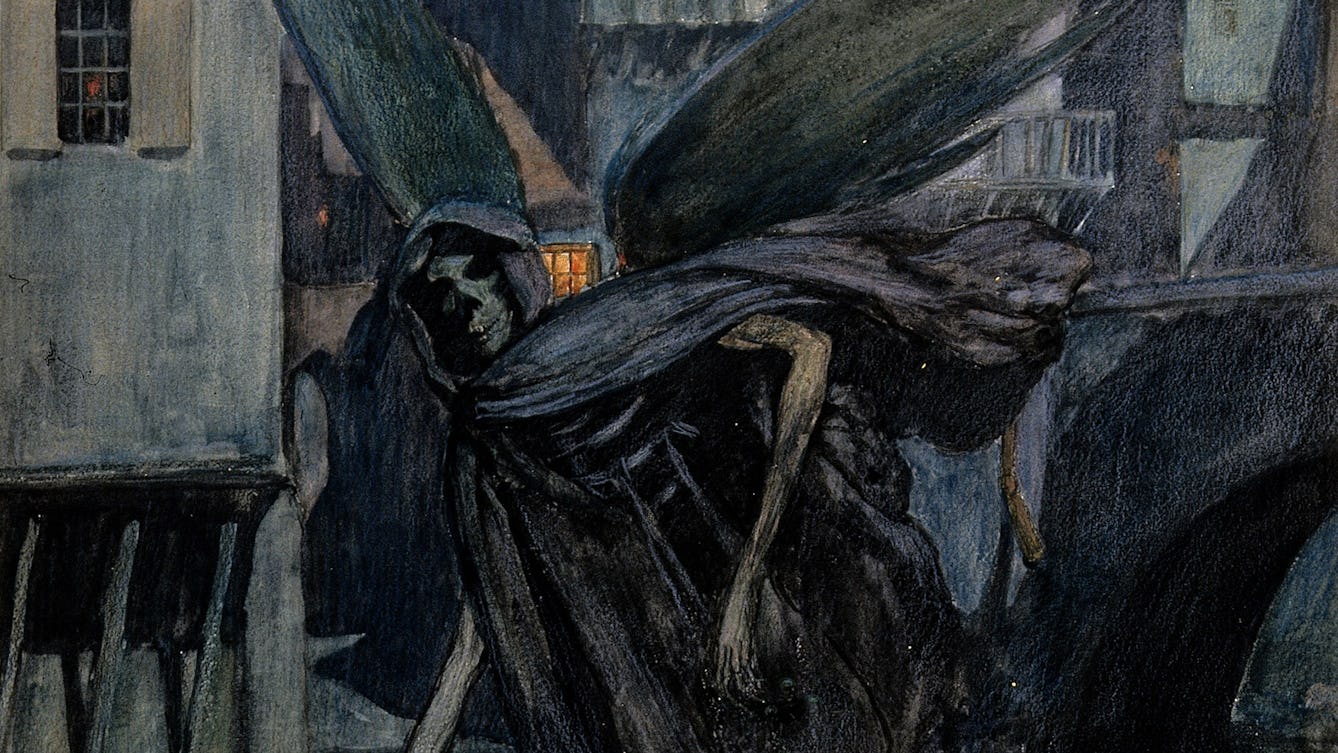
- Article
- Article
The cook who became a pariah
New York, 1907. Mary Mallon spreads infection, unaware that her name will one day become synonymous with typhoid.

- Article
- Article
When you can’t return home
Migrants and refugees cannot choose to return home, so homesickness becomes a profound and long-lasting feeling. This powerful force infuses migrant cultures, and is rarely given the serious attention it warrants.
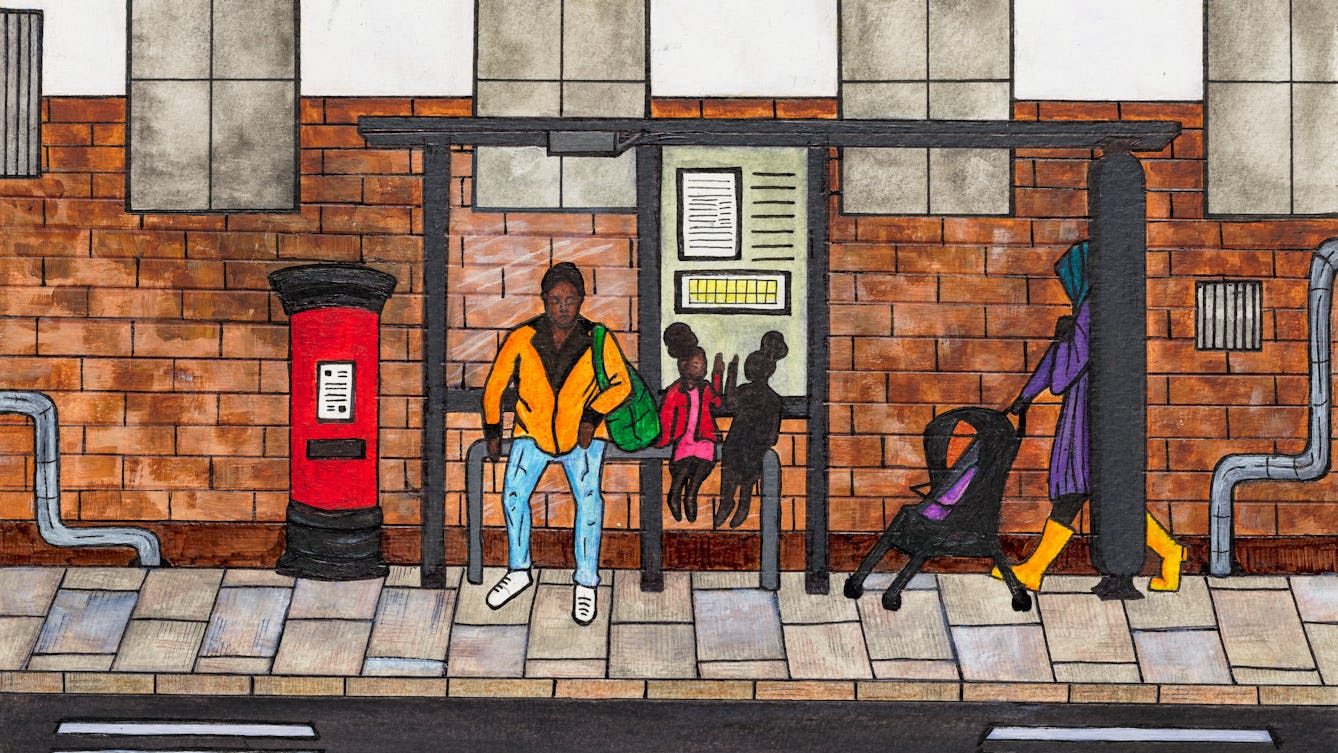
- Article
- Article
We need less ‘sickle cell warriors’ and more allies
Rejecting the epithet “warrior”, Cheryl Telfer describes the pervasive effect sickle cell disease has on her life, and calls for more people to donate blood to help sicklers.

- Article
- Article
Ways appear
While his sense of body shame meant the personal side of his life was unfulfilled, Chris’s career was rewarding. His own childhood experiences gave him profound empathy for the children he worked with.
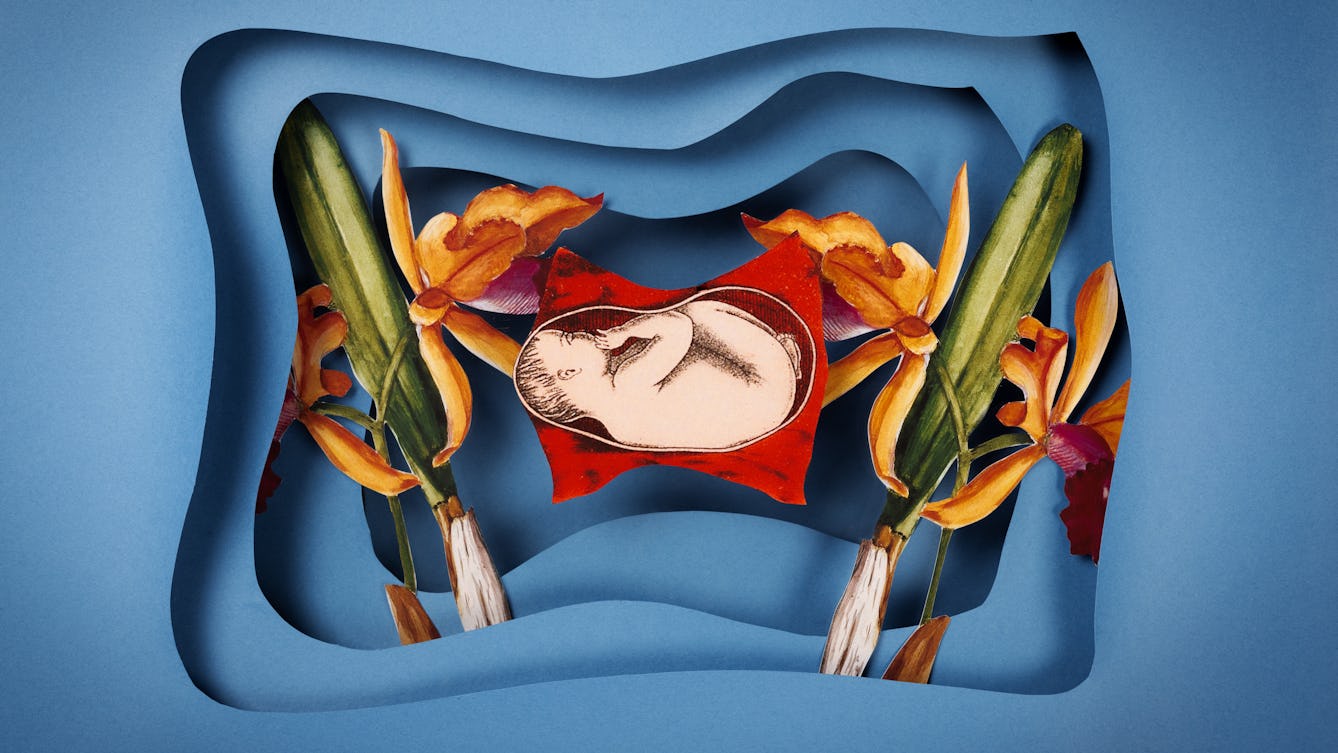
- Book extract
- Book extract
Of incubators, orchids and artificial wombs
In this extract from Claire Horn’s new book, ‘Eve: The Disobedient Future of Birth’, she traces the development of the artificial womb, soon to become a reality.

- Article
- Article
Crime drama and the realistic cadaver
Today we are accustomed to the increasingly realistic look of dead bodies in on-screen dramas. Special-effects expert Hildegunn M S Traa reveals how crime and morgue scenes reflect the social idea of death.

- Article
- Article
Shakespeare’s cholerics were the real drama queens
In Shakespeare’s times, people’s personalities were categorised by four temperaments. The choleric temperament was hot-tempered and active.

- Article
- Article
Martina Amati on ‘Under’
Visitors experiencing Under by Martina Amati
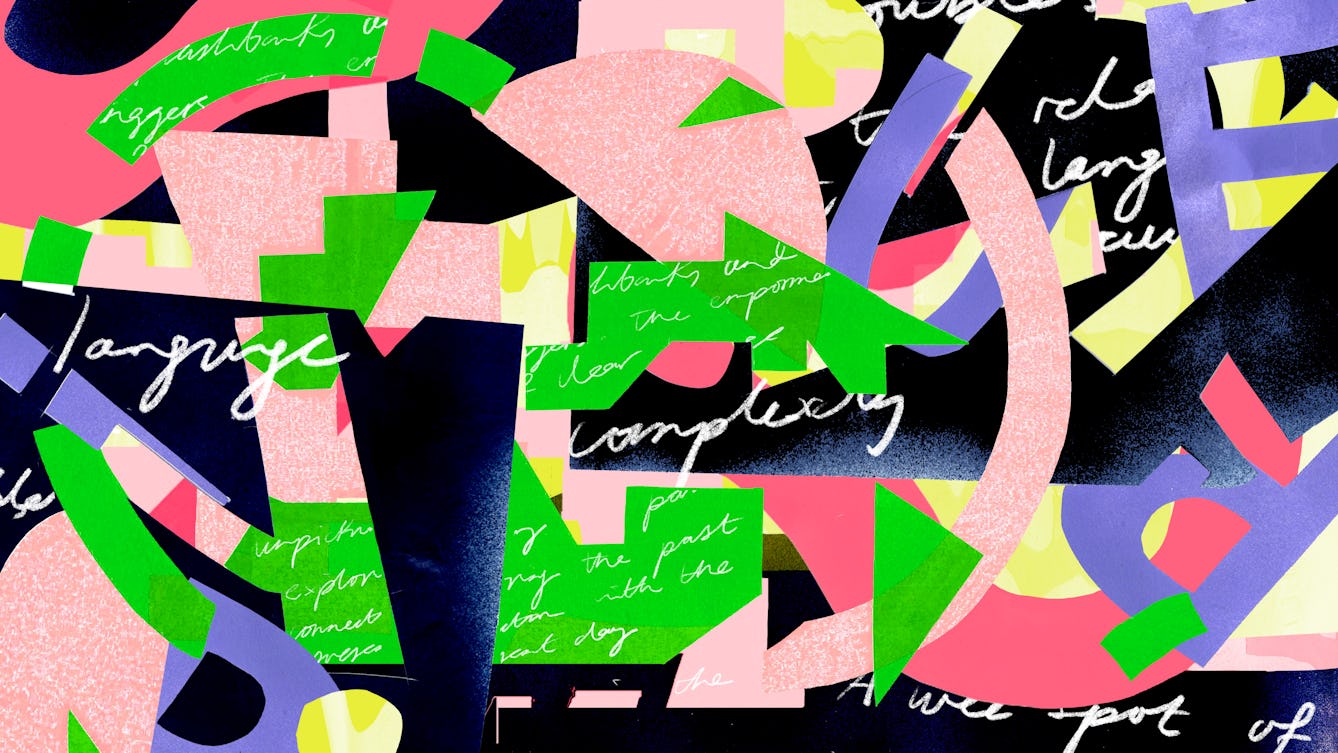
- Article
- Article
A wee spot of bother
Euphemisms can both appear to diminish experiences while at the same time making them easier to talk about. Carrie Hynds, who experienced the latter part of Northern Ireland’s “Troubles”, explores the relationship between language and trauma.

- Book extract
- Book extract
You, a thousand years ago
Jack Hartnell argues that, if we were transported into the medieval past, we’d find ourselves somewhere different yet strangely familiar.

- Article
- Article
When self-deception becomes global hoax
Being deceived isn’t always a case of believing someone else’s lie. Experiments have shown that many of us can be manipulated into accepting our own fictions as true.
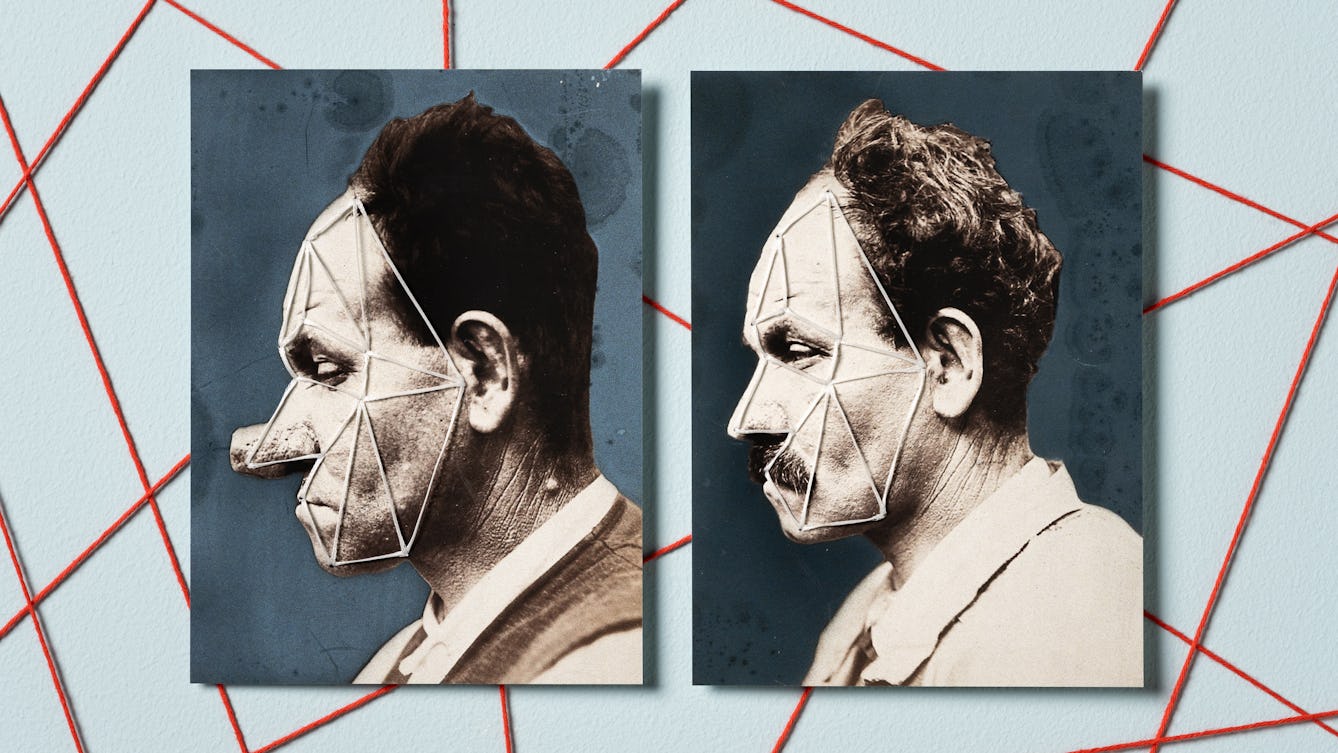
- Article
- Article
Why even plastic surgery can’t hide you from facial recognition
Once upon a time, plastic surgery allowed a few notorious criminals to evade the law. But today, sophisticated facial-recognition technology has turned dreams of anonymity to dust.

- Article
- Article
A history of gestation outside the body
It’s been over 400 years since a Swiss alchemist theorised that foetuses could develop outside the womb. Claire Horn examines incubator technology past and present, and explores the possibilities recent prototypes might bring.

- Article
- Article
Surviving a flesh-eating disease
Nearly dying from a skin infection gave Scott Neill a chance to start again after an early life marked by grief and depression.

- Article
- Article
The meanings of hurt
In the early modern period, gruesome incidents of self-castration and other types of self-injury garnished the literature of the time. Alanna Skuse explores the messages these wounds conveyed.

- Article
- Article
Coronavirus, Crohn’s and me
Clinically vulnerable to COVID-19, Lucia Osborne-Crowley has been shut in her flat for months. With her chronic condition transformed into a life-threatening one, she explores what the pandemic is revealing about living with long-term illness.

- Article
- Article
Why I don’t like prescribing sleeping pills
Sleeping pills often seem a simple option for aiding sleep or when dealing with anxiety, but there are many risks, and our anonymous GP is not afraid to say no to patients.

- Article
- Article
Colonialism and the origins of skin bleaching
The widespread practice of skin bleaching was heavily influenced by the Western colonisation and slavery of African and South Asian countries. Ngunan Adamu explores this toxic history.

- Article
- Article
Finding consolation in social isolation
Feeling isolated and anxious during the lockdowns of the last year, Tanya Perdikou found solace in reconnecting to her past and reaching out to neighbours in the present.

- Article
- Article
When skin bleaching goes wrong
Warnings about permanent health damage don’t deter those using skin-bleaching products for years on end. Read the story of one woman who suffered from liver failure after years of striving to be paler.

- Article
- Article
A quick guide to drugs, the brain and brain chemistry
Discover some of the major chemicals that govern activity in our brains, how they work, and why certain drugs have the effects they do.

- Article
- Article
Collecting pandemic stories
Find out how personal notebook jottings from two flatmates became ‘Journals of a Pandemic’, a comprehensive diary-keeping project encompassing dozens of writers from a wide variety of backgrounds.
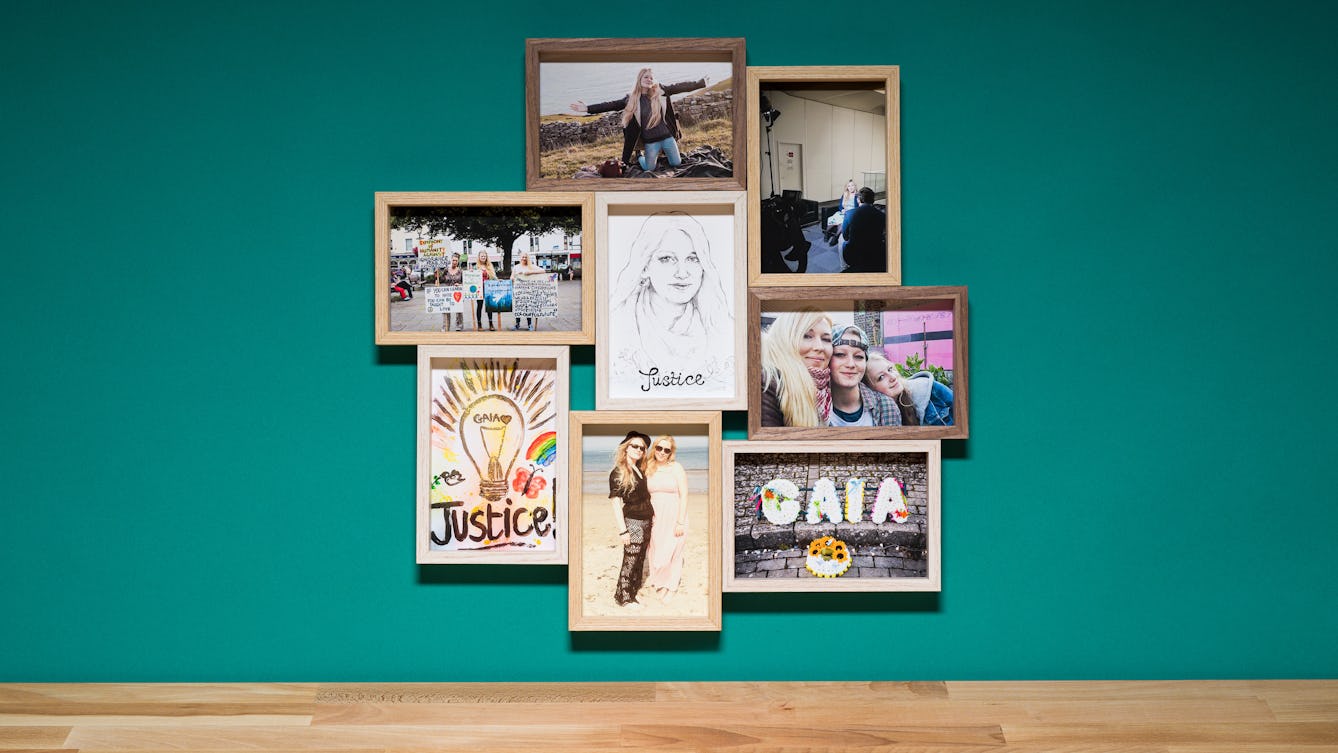
- Article
- Article
A story of death, trauma and austerity
Marienna Pope-Weidemann, whose teenage cousin Gaia died after going missing, advocates a rethink of our systems, which currently fail many in mental distress.